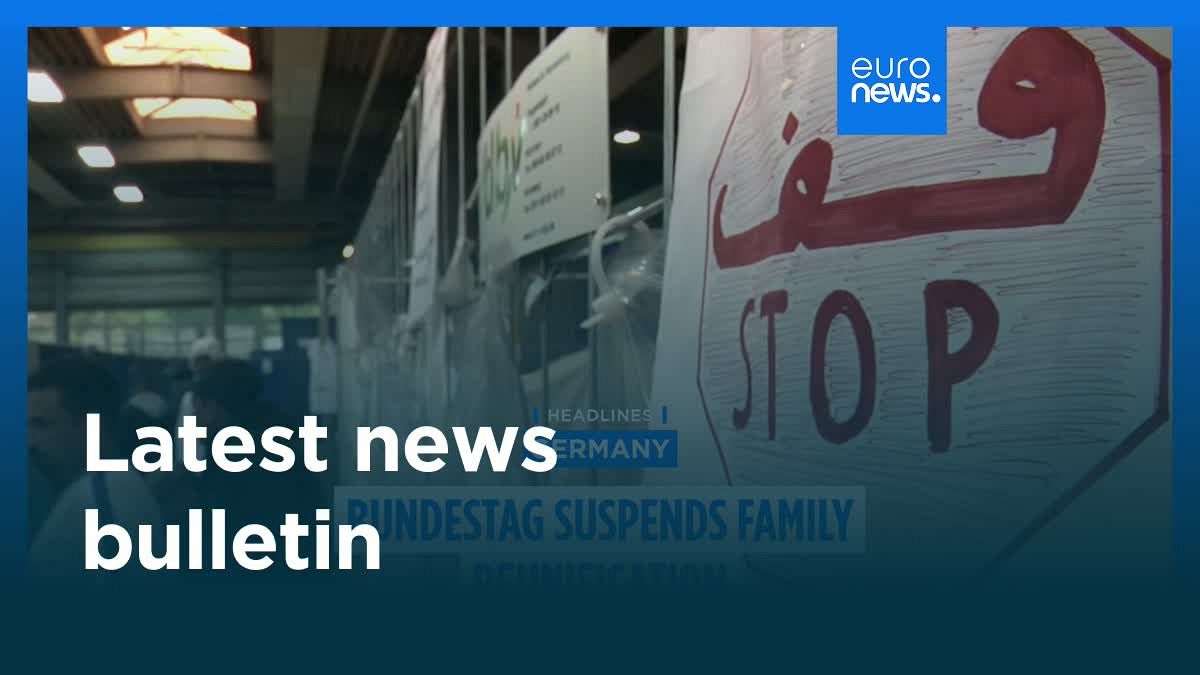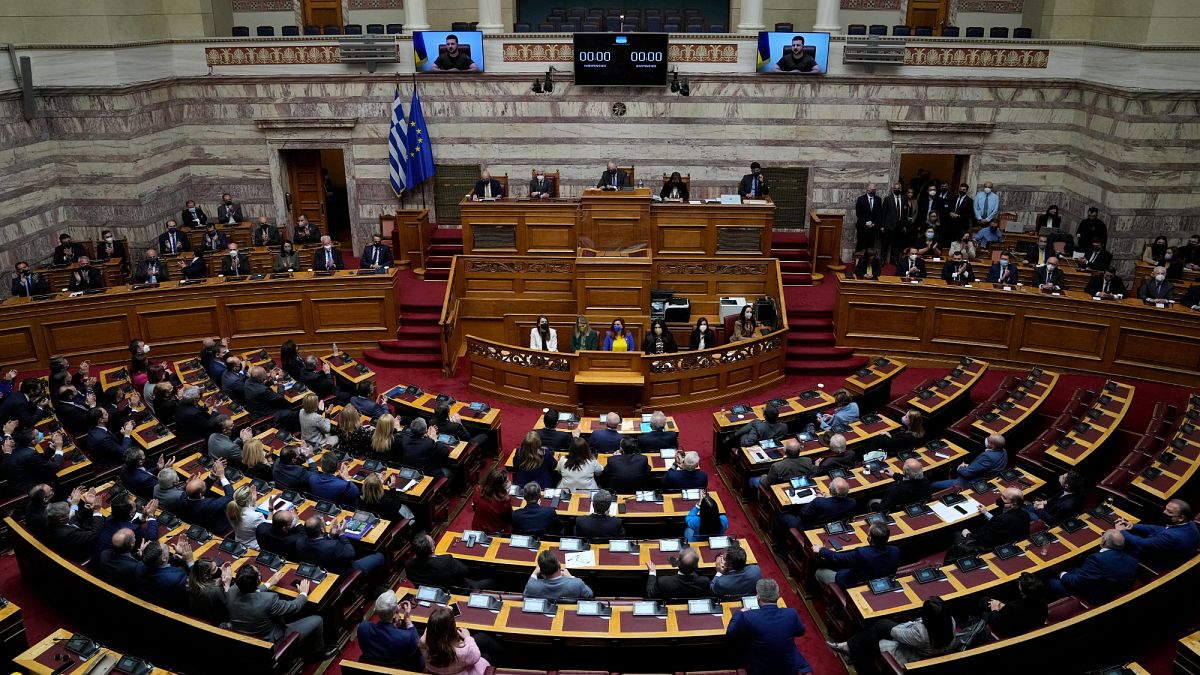Lars Klingbeil, the strong man of the center-left Social Democratic Party (SPD) is 47 years old. Following the February 23 general election, in which the SPD garnered a record low of16%, he remained party co-chairman and temporarily took on the leadership of the SPD parliamentary group.
He went on to lead negotiations for his party with Friedrich Merz's conservative bloc of Christian Democratic Union and Bavaria's Christian Social Union (CDU/CSU) and secured the positions of finance minister and vice chancellor for himself.
"This government must succeed. It must do so with team play, with the courage to make decisions and with more trust in the citizens," Klingbeil said at the time, adding that trust comes through action, not through announcements.
Germany's conservatives, SPD reach coalition agreement
Klingbeil personally picked the ministers for the cabinet posts. To many observers, the most astonishing thing about the list of names was who is not on it: Svenja Schulze, the long-serving minister first for the environment and then for development, Hubertus Heil, the long-serving minister of labor, and Interior Minister Nancy Faeser are among the most prominent SPD ministers to leave the cabinet. Only Defense Minister Boris Pistorius, Germany's most popular politician, continues in the new cabinet of likely Chancellor Friedrich Merz.
"The fact that a vice chancellor is also finance minister and party chairman is an unusual concentration of power," political scientist Karl-Rudolf Korte told Focus magazine at the time of government building.
Klingbeil had clinched the powerful positions, while SPD co-chair Saskia Esken ended up empty-handed, subsequently stepping her chairmanship role. The analysis of the party's decline is expected to be a major challenge for Klingbeil. Party rank and file are keen to discuss how the party that headed the previous center-left coalition government could have lost ten percent support within only three years, ended up far behind the CDU and the far-right Alternative for Germany (AfD).
A steady party career all the way to the top
Lars Klingbeil's academic career resembles that of many Social Democrats: In 2004, he completed a degree in political science at the University of Hanover, having received a scholarship from the SPD's Friedrich Ebert Foundation. In 2005, at the age of almost 27, he entered the Lower House of Parliament, the Bundestag, replacing an SPD lawmaker who retired. Klingbeil failed to be reelected in a general election in the same year. Since 2009, however, he has been a permanent member of parliament, took on the position as SPD General Secretary and finally became party co-leader alongside Saskia Esken in December 2021. As such, he was also responsible for the successful election campaigns in 2021 which brought Olaf Scholz to power, but also for the disastrous one in February 2025.
Klingbeil hails from Lower Saxony, like many leading SPD politicians in recent decades, most notably former Chancellor Gerhard Schröder. His father was a Bundeswehr soldier, his mother a retail saleswoman. The family lived in Munster, where one of the largest Bundeswehr bases in the whole of Germany is located.
 When he entered the Bundestag in 2005, 27-year-old Klingbeil sported a tie and a piercing in his eyebrowImage: Steffen Kugler/dpa/picture alliance
When he entered the Bundestag in 2005, 27-year-old Klingbeil sported a tie and a piercing in his eyebrowImage: Steffen Kugler/dpa/picture allianceKlingbeil completed his A-levels and, in the then-obligatory choice, opted to do community service rather than military training. He worked at the "Bahnhofsmission" in Hanover, a charity with an office at all major German train stations offering immediate support for people in distress, such as food, clothes, a place to sleep and medical care. During this time, Klingbeil started building his network within the Social Democratic Party. From 2001 to 2003, he worked in Chancellor Schröder's office.
That time period also marked a turning point in Klingbeil's political outlook: He happened to be in New York during the 9/11 terrorist attacks, which prompted him to abandon his pacifist beliefs and support a strengthening of the Bundeswehr as a means of self-defense. Since then, he has campaigned for an increase in spending on the Bundeswehr, like many SPD politicians on the right wing of the party.
Klingbeil comes across as calm in the face of adversity. He was diagnosed with tongue cancer more than ten years ago, but has since recovered well, he recently reported. Klingbeil has been married since 2019 and is the father of an almost one-year-old son. As a young man, he was a guitarist with the rock band "Sleeping Silence," which has since disbanded.
This article was originally written in German. It has been updated and republished to reflect post-election developments.
While you're here: Every Tuesday, DW editors round up what is happening in German politics and society. You can sign up here for the weekly email newsletter, Berlin Briefing.

 4 hours ago
3
4 hours ago
3









